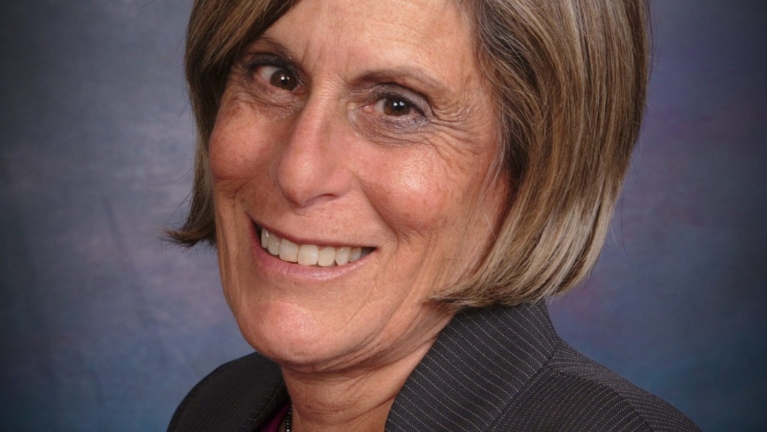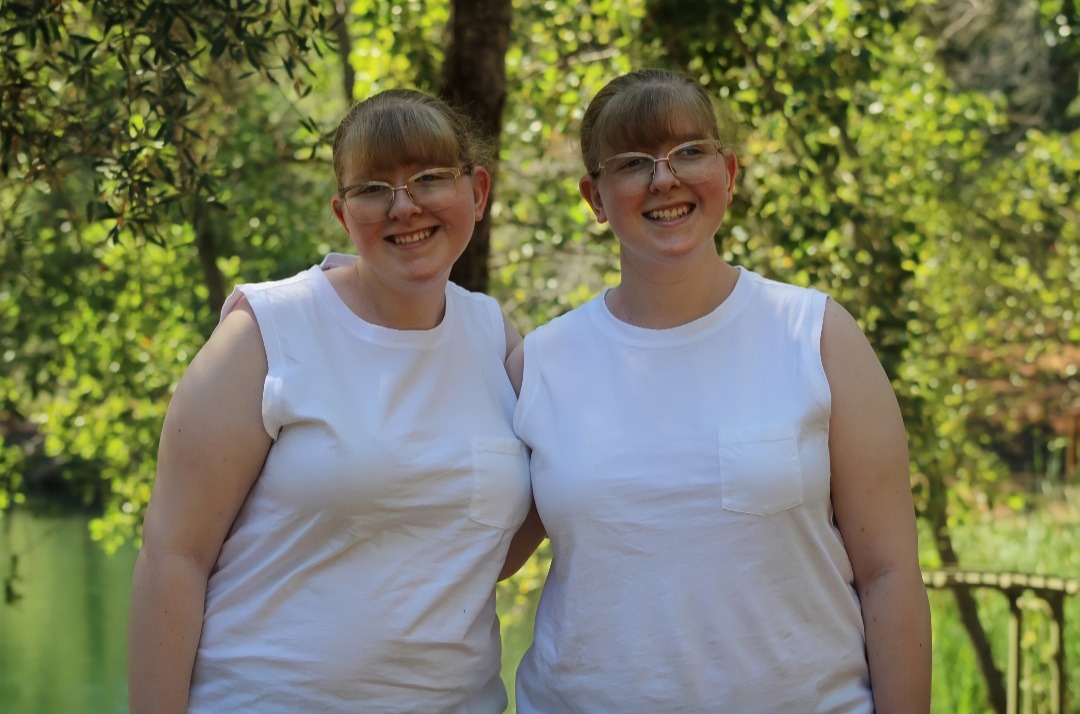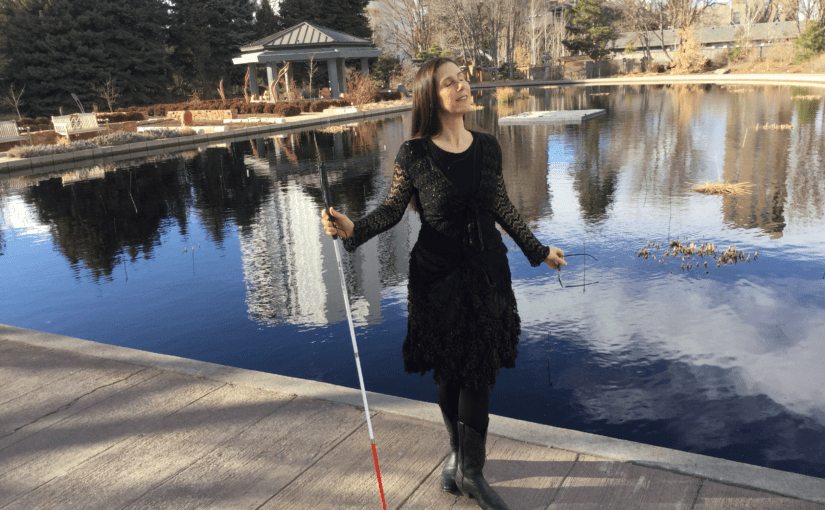Positions Open for Blind Community Members on LightHouse Blind Advisory Panel
The LightHouse Board of Directors wishes to formalize an ongoing independent structure through which it can learn from blind people in our community their current needs for programs and services. ...


